A Functional and Affordable Electric Vehicle for Builders
Ford Motor Company slashes prices for some F-150 Lightning models to stimulate demand for electric vehicles (EVs).
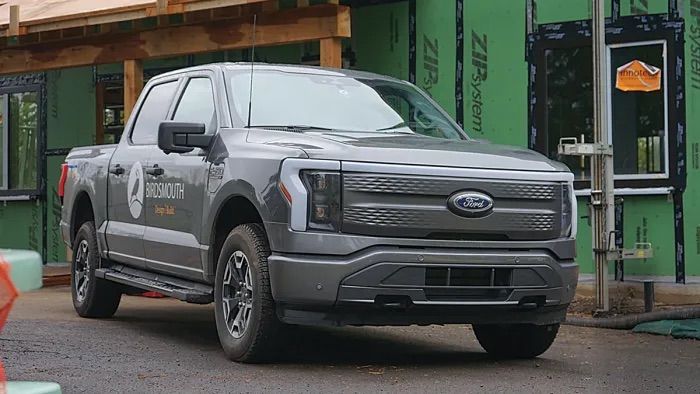
The Ford F-150 Lightning is a functional and affordable electric vehicle for builders. It’s powered by renewable energy but doesn’t compromise on performance — and now it’s more affordable than ever. Yahoo! Finance recently reported that “Ford Motor Company is reducing the prices of some of its F-150 Lightning trims by up to $5,500 to stimulate demand for electric vehicles (EVs). The latest round of price cuts was focused on F-150 Lightning’s mid-level variants.” Ford began implementing these price changes on April 5, 2024.
Why the F-150 Lightning?
Last year, founder and CEO of Birdsmouth Design-Build, Josh Salinger, “purchased a 2023 F-150 Lightning XLT” as a new company vehicle. Salinger reported that with this EV, his team saw “anywhere from 1.6 miles per [kilowatt-hours] to 2.9 miles per kWh, with an average of 2.” The U.S. Energy Information Administration (EIA) defines a kilowatt-hour as “a measure of electricity defined as a unit of work or energy, measured as 1 kilowatt (1,000watts) of power expended for 1 hour. One kWh is equivalent to 3,412 Btu.”
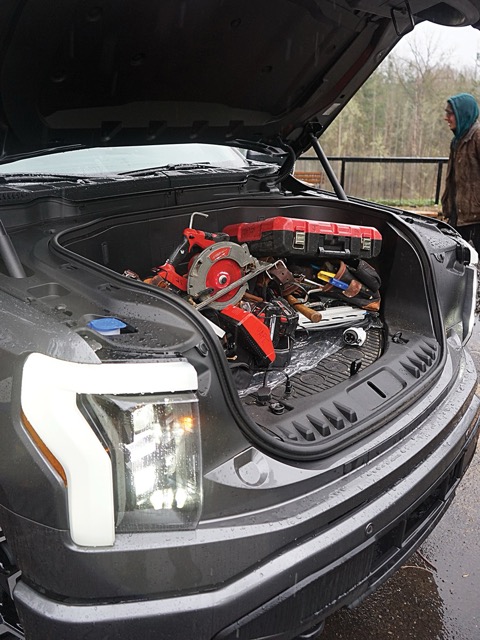 |
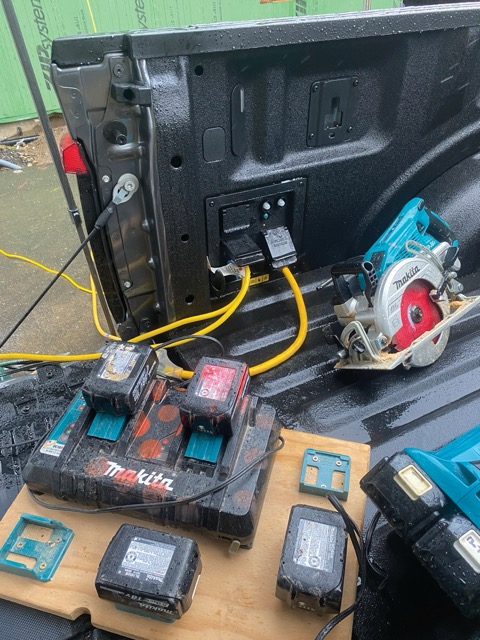 |
The team at Birdsmouth Design-Build were also particularly excited about the F-150 Lightning’s “ability to power tools on the job site.” According to Salinger, “[the truck] was able to carpool four team members 21 miles to a job site and back while powering all the needs of a five-person framing crew.” Check out Josh Salinger’s article “A Truck That Powers the Job” to learn more about this impressive electric vehicle.
Photos courtesy of Josh Salinger; Birdsmouth Design-Build.
RELATED STORIES
Fine Homebuilding Recommended Products
Fine Homebuilding receives a commission for items purchased through links on this site, including Amazon Associates and other affiliate advertising programs.

Handy Heat Gun

Reliable Crimp Connectors

Affordable IR Camera

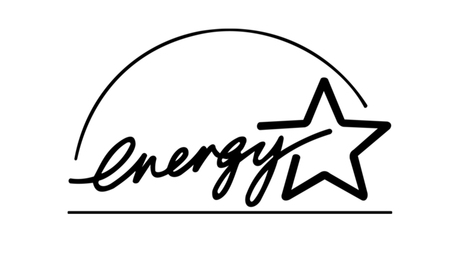

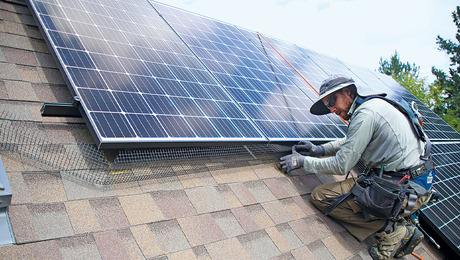























View Comments
Elon Musk's expected announcement of a $2 billion-plus investment in a car manufacturing facility during his visit to India heralds a promising future for Tesla in the country. Despite this positive outlook, Tesla faces several challenges. On the bright side, India's drive towards electric vehicles, increasing environmental consciousness, and growing demand for sustainable transportation provide a fertile ground for Tesla's electric cars. Moreover, Tesla's strong brand appeal and cutting-edge technology could attract a significant customer base in India's urban areas.
However, there are hurdles to overcome, including steep import duties, infrastructure constraints such as charging stations, and stiff competition from local and international automakers. Tesla must adeptly navigate these obstacles to establish a robust presence in the Indian market